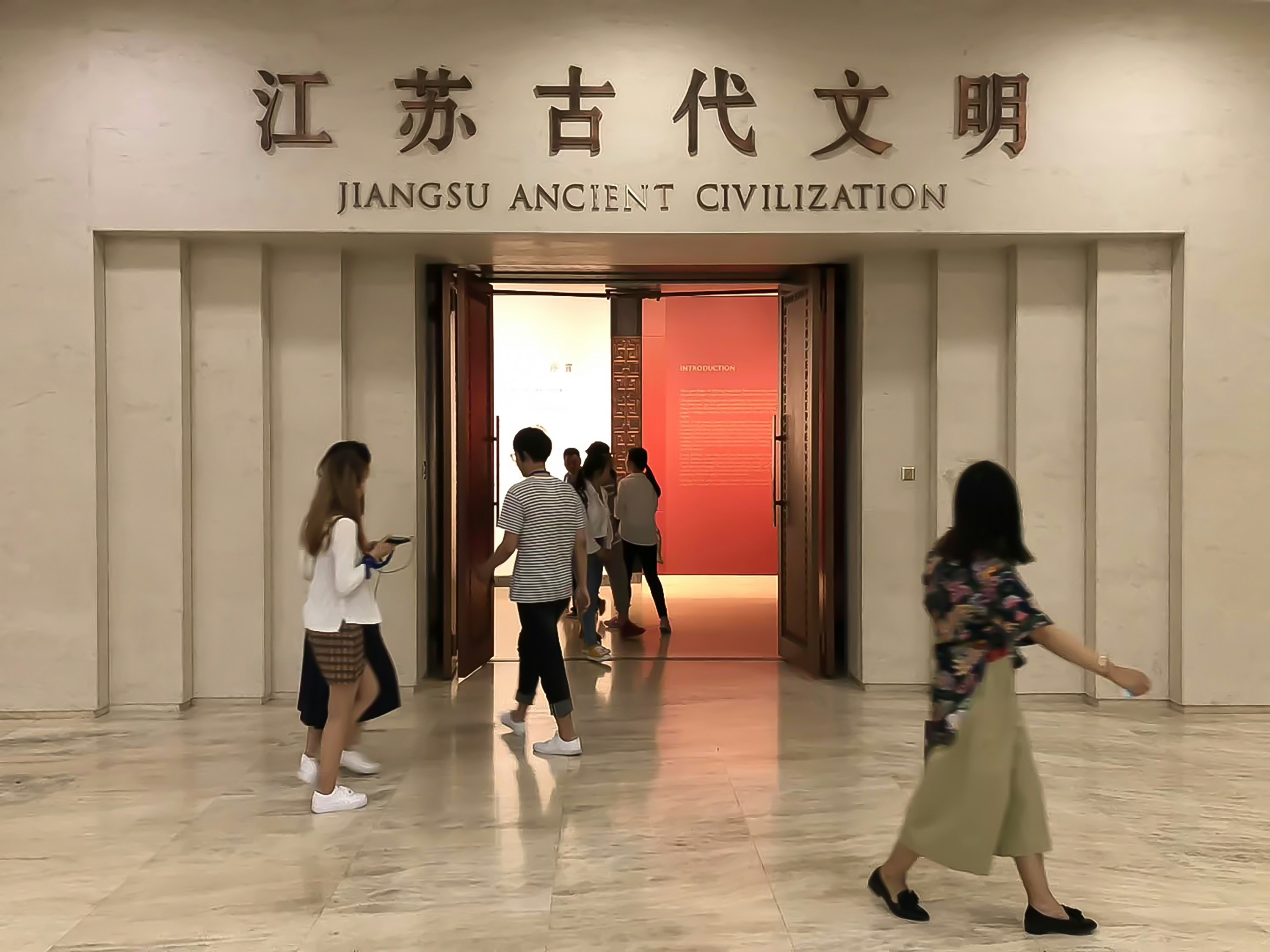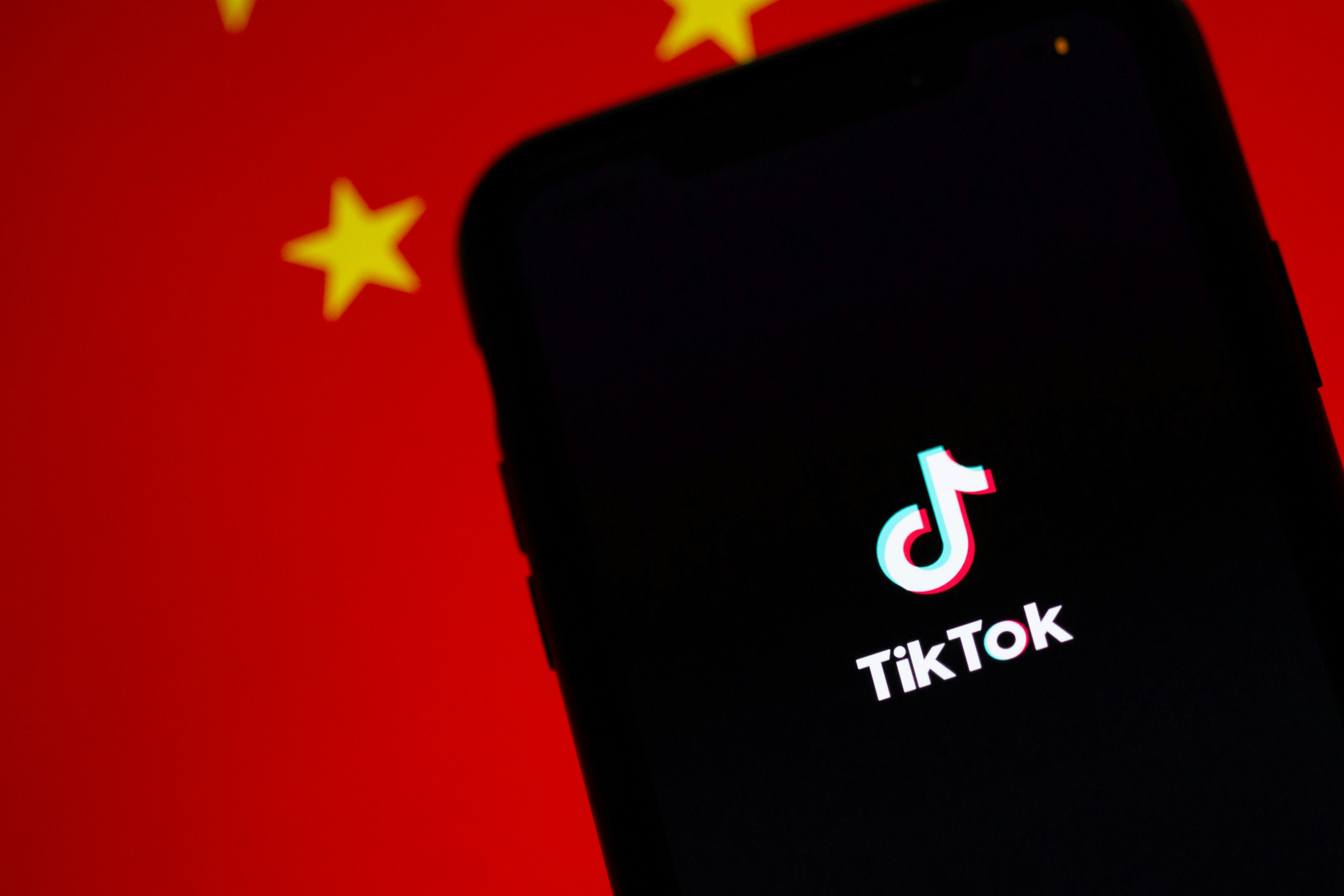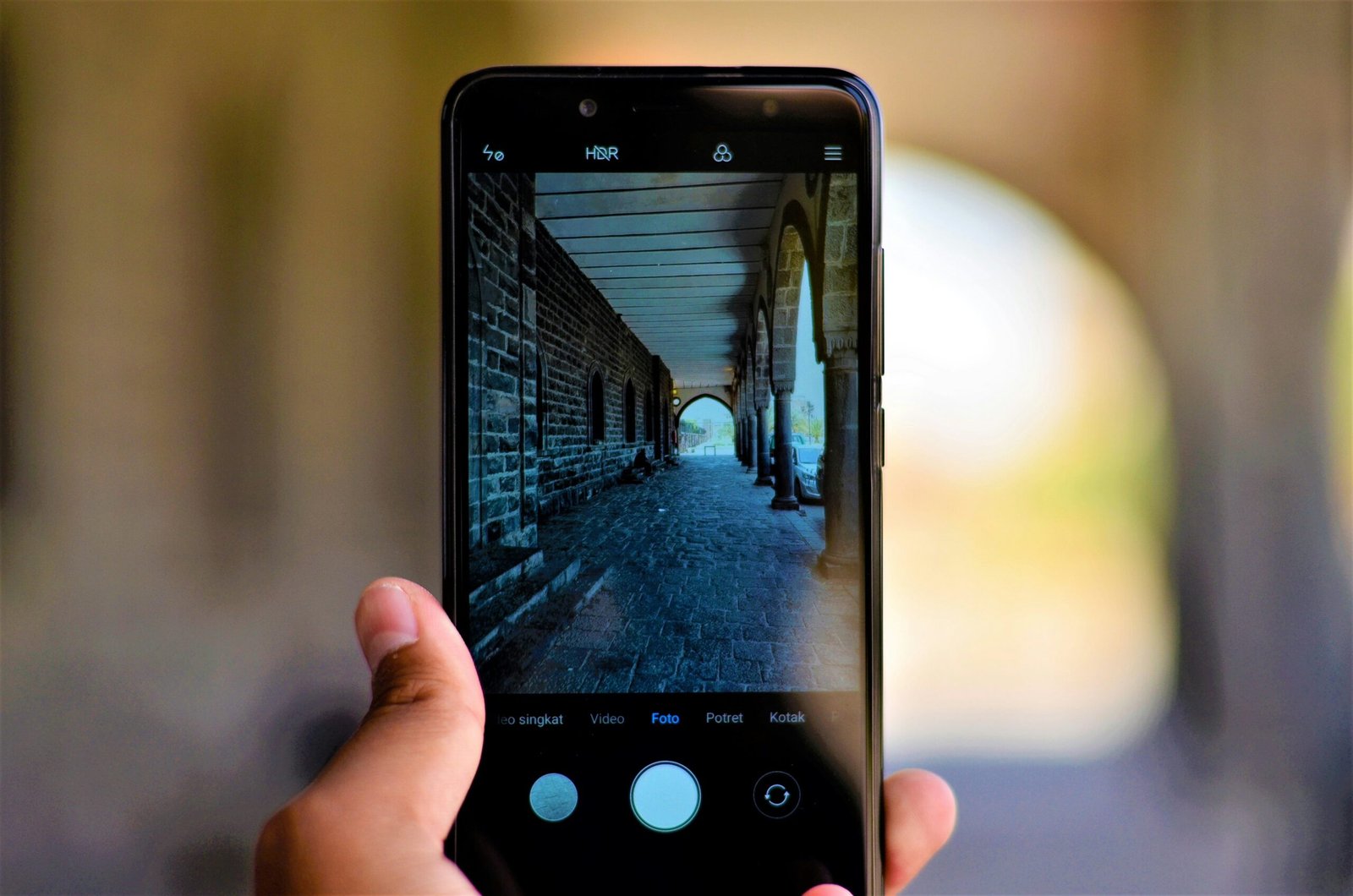Technological Advancements in Entertainment
The entertainment industry has undergone a significant transformation, largely due to various technological advancements. Key innovations such as streaming services, virtual reality (VR), augmented reality (AR), and artificial intelligence (AI) have revolutionized the way we consume media. These technologies have enabled us to access a vast array of content more conveniently and interactively than ever before.
Streaming services like Netflix have radically changed how we watch movies and TV shows. Instead of relying on traditional cable TV schedules, viewers can now access a vast library of content on-demand, at any time. This shift has not only altered viewing habits but also led to the production of high-quality original content specifically designed for these platforms.
Virtual reality (VR) has introduced an immersive way to experience entertainment. VR gaming consoles such as Oculus Rift and PlayStation VR allow players to step into entirely new worlds, offering a level of engagement that traditional gaming cannot match. Beyond gaming, VR is also being used in virtual concerts and live events, providing users with a front-row experience from the comfort of their homes.
Augmented reality (AR) has also made a significant impact, particularly in mobile gaming. AR apps like Pokémon GO blend the digital and physical worlds, creating interactive experiences that engage users in new and exciting ways. AR is being increasingly used in live events and sports broadcasting, enhancing the viewer experience with real-time statistics and interactive features.
Artificial intelligence (AI) is another critical player in this transformation. AI algorithms are employed by streaming services to personalize content recommendations, ensuring that users are presented with media that aligns with their preferences. Furthermore, AI is being used in video game development to create more realistic and adaptive gaming environments.
Social media platforms have also played a crucial role in shaping entertainment consumption. Platforms like YouTube, TikTok, and Instagram have given rise to user-generated content, allowing anyone to become a content creator. This democratization of content production has diversified the types of media available and enabled new forms of entertainment to flourish.
In conclusion, technological advancements have profoundly transformed the entertainment industry, offering innovative ways to engage with media and shaping the future of content consumption.
The Social and Cultural Impacts of Technology on Entertainment
Technological advancements have profoundly reshaped the landscape of entertainment, making it more accessible and democratized. The advent of digital platforms has broken down traditional barriers, allowing a diverse range of voices and stories to emerge. Streaming services, social media, and user-generated content platforms have empowered creators from various backgrounds to share their narratives, significantly enriching the cultural fabric of entertainment. This democratization has fostered inclusivity, enabling underrepresented communities to gain visibility and share their experiences on a global scale.
Moreover, technology has considerably altered social interactions within the realm of entertainment. The rise of online communities and fan cultures has revolutionized the way we engage with media. Platforms such as Reddit, Discord, and Twitter have given fans the space to discuss, critique, and celebrate their favorite shows, movies, and games. These digital gatherings create a sense of belonging and collective enthusiasm, transforming solitary consumption into a shared experience. Fan theories, fan art, and collaborative projects have become integral parts of the entertainment ecosystem, blurring the lines between creators and consumers.
Despite these positive shifts, there are notable downsides to the technological transformation of entertainment. Digital addiction has emerged as a significant concern, with individuals spending excessive amounts of time on screens, often at the expense of real-world interactions. This over-reliance on digital media can have detrimental effects on mental health and well-being. Additionally, the digital divide remains a pressing issue, as not everyone has equal access to the technologies that drive modern entertainment. This inequity can exacerbate social disparities, leaving certain populations at a disadvantage.
Privacy concerns also loom large in the digital entertainment sphere. The collection and analysis of user data by streaming services and social media platforms raise questions about data security and individual privacy. Users must navigate an increasingly complex landscape of terms and conditions, often without fully understanding the implications of their digital footprint.
As technology continues to evolve, its impact on entertainment and society will undoubtedly deepen. Emerging technologies such as virtual reality, augmented reality, and artificial intelligence promise to further transform the ways we create and consume entertainment. These advancements hold the potential to enhance immersive experiences and personalization, but they also necessitate careful consideration of their social and ethical implications.

















+ There are no comments
Add yours